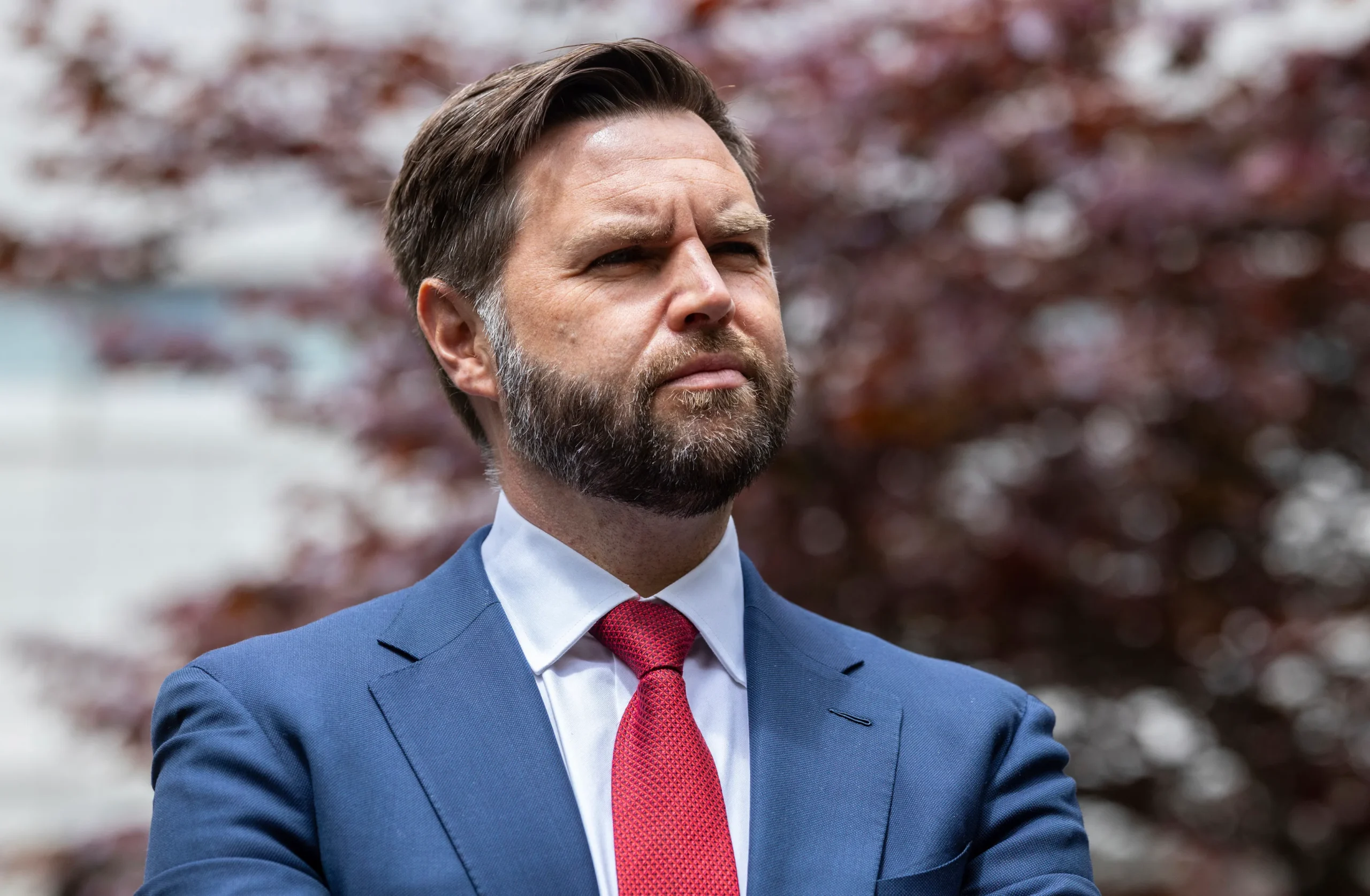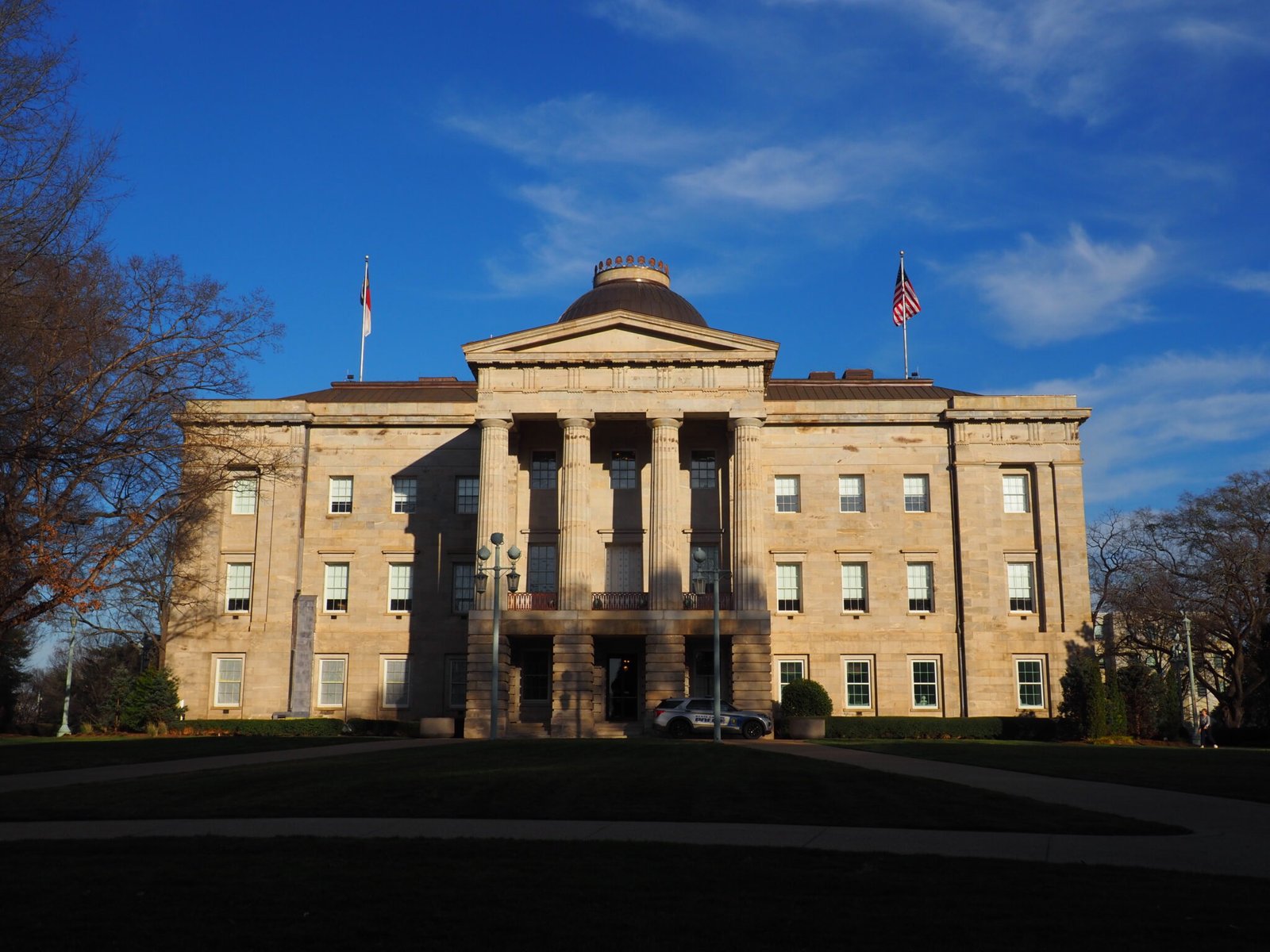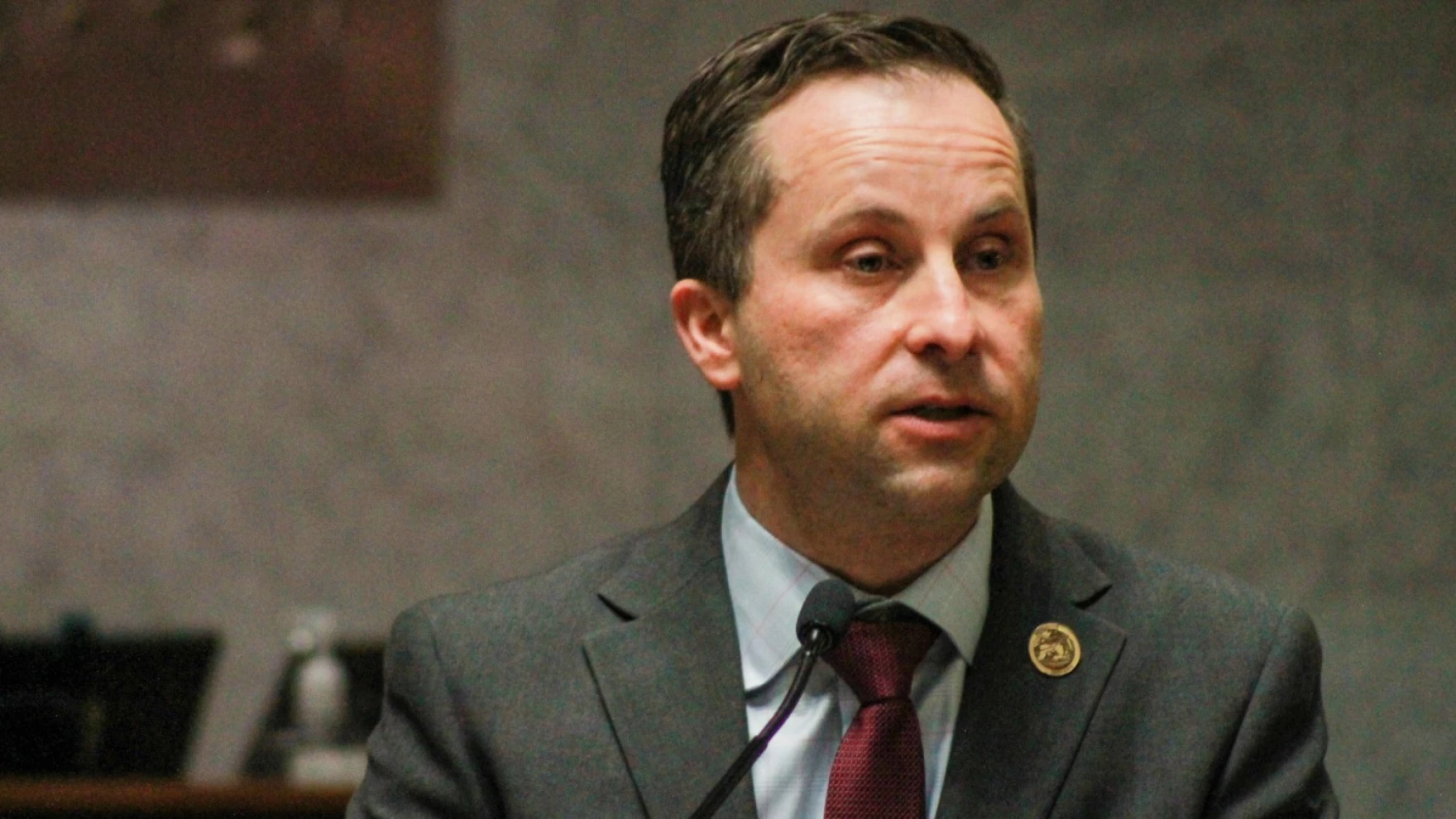Vice President J.D. Vance has become one of the most talked-about political figures in the United States. Known first as a bestselling author and later as a U.S. Senator from Ohio, Vance now serves as Vice President under Donald Trump in a scenario that reflects his rapid rise through the ranks of American politics. His journey from a troubled childhood in Appalachia to the second-highest office in the nation is marked by dramatic turns and a deep connection to working-class values.
Born James David Vance, he gained national attention in 2016 with the release of his memoir “Hillbilly Elegy.” The book chronicled his upbringing in a poor and unstable household in Middletown, Ohio, and the broader cultural and economic decline of white working-class communities in Appalachia. The book became a bestseller and was later adapted into a Netflix film, bringing Vance into the spotlight as a voice of rural America. His personal story resonated with millions of readers and viewers, and his commentary on American society helped shape national debates on poverty, addiction, and the loss of manufacturing jobs.
Vance’s educational path took him from Ohio State University to Yale Law School, where he earned his J.D. After law school, he worked as a venture capitalist in Silicon Valley and co-founded Narya Capital, a venture capital firm based in Cincinnati. Despite early criticism of Donald Trump in 2016, Vance later became one of his strongest allies. He entered the political arena with the support of Trump and won a seat in the U.S. Senate in 2022, replacing Republican Rob Portman.
During his time in the Senate, Vance championed economic nationalism, stricter immigration policies, and a populist agenda that challenged the political establishment. He was outspoken against Big Tech, supported conservative family values, and called for a reduction in America’s role in foreign wars. His alignment with the “America First” movement and ability to speak to disaffected voters made him a favorite among the GOP base. Many analysts speculated he could become a future leader in the party, and when Donald Trump sought a running mate for his latest presidential campaign, Vance emerged as a natural choice.
As Vice President, J.D. Vance has continued to shape the national conversation on trade, culture, and foreign policy. He has maintained a strong stance against U.S. involvement in long-term foreign conflicts, calling instead for a focus on domestic rebuilding. He often emphasizes border security, the protection of American jobs, and the restoration of traditional values as central to the country’s future. Vance also plays a key role in advising President Trump on policy decisions, particularly those affecting working-class communities.
His unique background—bridging rural hardship and elite education—gives him credibility with a broad range of Americans. While critics have raised concerns about his rapid political transformation and close alignment with Trump, supporters see him as a principled leader who understands the struggles of everyday people. Vance often speaks about the importance of family, faith, and personal responsibility, values that he says helped him overcome a difficult childhood.
Though his vice presidency is still in its early phase, Vance is already viewed as a potential future presidential candidate. Political observers note his ability to connect with voters through both personal narrative and policy proposals. His rise underscores the shifting dynamics of the Republican Party and the growing influence of populist conservatism within the U.S. political system.
Vice President J.D. Vance represents a new generation of conservative leadership, one shaped by hardship, education, and a strong desire to reshape the American dream. His story is not only a personal triumph but also a reflection of deeper changes in American society and politics. As the world watches, Vance continues to balance his role as a policymaker, cultural commentator, and symbol of a changing era in U.S. governance.







